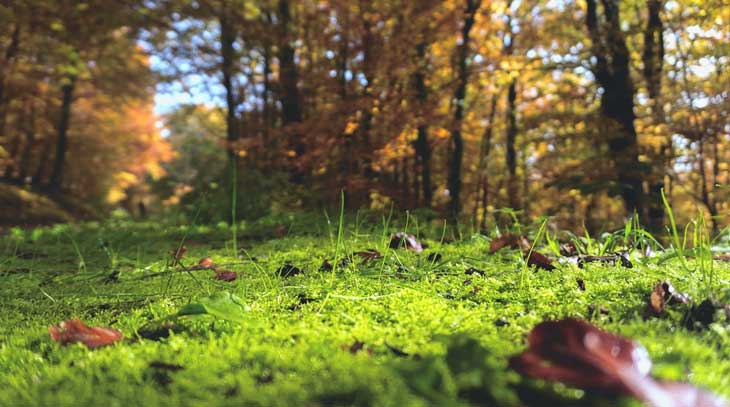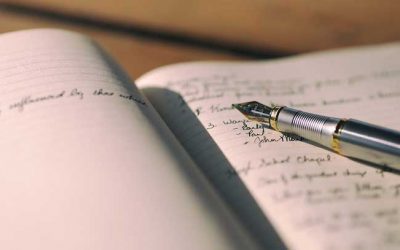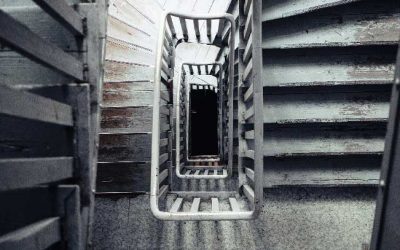Before I visited Tennessee’s renowned Body Farm in 2002, I’d never really given forensics much thought. I was making my living working as a freelance journalist, and although I’d already written several novels they were all psychological thrillers. So when I got off the plane into the humid Tennessee heat, I’d no idea that this trip would lead to my writing a long-running series about a forensic anthropologist.
I’d been commissioned to write about highly realistic crime scene training that was being held at the Body Farm, at the time the only facility in the world to use human cadavers to research decomposition. The course was aimed at providing practical forensic experience for US police officers and CSIs, and although the crime scenes they had to process were carefully staged, the bodies used in them were very real.
On the last day, I was given a pair of white overalls by an instructor and cheerfully told to help excavate a grave containing a body buried six months earlier. It was a surreal experience, and I came away both affected and impressed by what I’d seen. It also provided the inspiration for The Chemistry of Death, the first in my series about British forensic anthropologist David Hunter. A specialist in analysing badly decomposed, burnt or damaged human remains, Hunter is an emotionally wounded narrator through whose eyes we see this grimly esoteric world. It’s therefore vital for him to know what he’s talking about. Which means I have to know what he’s talking about as well.
Since I’m not a forensic expert, that boils down to background research. A lot of it. The internet has made accessibility to information easier than ever, providing it’s used selectively, and I’ve also acquired a respectable collection of forensic text books. But whenever possible I prefer to consult a real-life expert, whose knowledge is based on actual experience. If I want insight into, say, the effect of fire on human bone, then I’ll ask a forensic anthropologist who has carried out work in that field. It’s the same for other factual aspects of the stories, whether it’s police procedure, rare neurological conditions or caving: if you don’t know something, find someone who does.
Occasionally my requests for help have been declined, which I can perfectly understand. I’m not sure how I’d feel if a completely stranger wanted to pick my brains either. However, most experts I approach have been happy to assist, and seem to enjoy puzzling over the sometimes-bizarre questions I throw at them. For which I am immensely grateful, since it contributes a degree of authenticity to the books it would otherwise be hard to achieve.
Obviously, this sort of relationship shouldn’t be abused: these are busy, professional people, and I try to keep my questions short and to the point. But gathering the information is only part of it: the real work for the writer comes with integrating it successfully into the narrative. The temptation is to include all those arcane details you’ve so painstakingly discovered, but that’s a mistake. Fascinating as they may be, it’s important to remember that they’re meant to inform and support the story, not overwhelm it.
Working as a feature journalist helped, since that typically involved writing with authority on unfamiliar subjects, as well as presenting often complex information in a concise and readable way. On occasion that led to misunderstandings: after one magazine article about how to cook the perfect chip (journalism isn’t all trips to Tennessee) I received several interview requests myself, as though I were the expert rather than the chefs I’d spoken to.
But that’s a sign you’ve done your job as a writer. When someone picks up a David Hunter novel, I want them to believe he really is a forensic expert, talking about what he knows best. The research itself is only a part of that.
First appeared on chillerskillersandthrillers.wordpress.com


